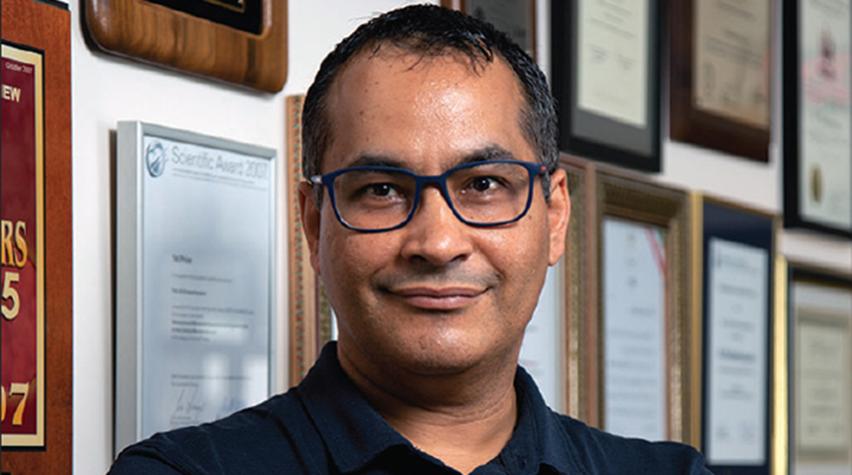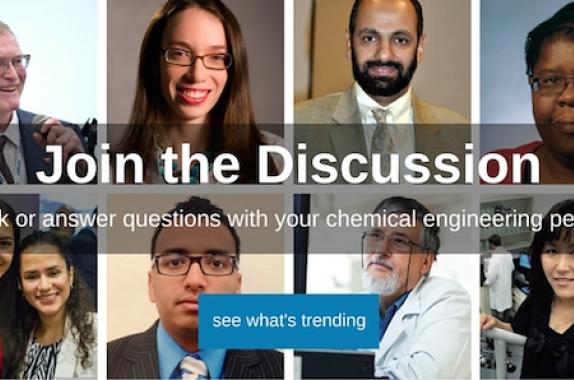
Ali Khademhosseini, Chief Executive Officer and Founding Director of the Terasaki Institute for Biomedical Innovation, will present AIChE’s Andreas Acrivos Professional Progress Award Lecture for 2025. The 2024 recipient of AIChE’s Acrivos Award for Professional Progress in Chemical Engineering, Khademhosseini will describe his research in precision medicine during the 2025 AIChE Annual Meeting on Nov. 5, in Boston, MA. In his lecture, he will discuss how engineering innovations are transforming medicine through the creation of “personalized” biomaterials for treating organ failure, cardiovascular disease, cancer, and other afflictions.
More on the award
The Andreas Acrivos Award for Professional Progress in Chemical Engineering recognizes the contributions of a chemical engineer in their early career. The award is endowed by the AIChE Foundation and named in honor of Andreas Acrivos (1928–2025), who was the Albert Einstein Professor of Science and Engineering at The City College of New York. Acrivos pioneered the field of fluid dynamics and was an influential leader and mentor in the chemical engineering profession. The associated lecture is a highlight of the AIChE Annual Meeting — a foremost educational forum for chemical engineers working in research and development.
Khademhosseini’s background
Prior to leading the Terasaki Institute, Khademhosseini was the Levi Knight Professor of Bioengineering, Chemical Engineering, and Radiology at the Univ. of California, Los Angeles, where he was the Founding Director of the Center for Minimally Invasive Therapeutics. He previously held faculty positions at Harvard Medical School, Harvard-MIT’s Division of Health Sciences and Technology, Brigham and Women’s Hospital, and the Wyss Institute for Biologically Inspired Engineering.
At the Terasaki Institute, Khademhosseini’s research group is using micro- and nanoscale technologies to enable a range of tissue engineering therapies, including functional tissues and organ-on-a-chip systems. He has documented this work in more than 750 journal articles and more than 50 patents and patent applications.
Khademhosseini is an Associate Editor of ACS Nano and serves on the editorial boards of numerous other journals. He is a Fellow of the American Institute of Medical and Biological Engineering; the Biomedical Engineering Society; the Royal Society of Chemistry, Biomaterials Science, and Engineering; the Materials Research Society; and the American Association for the Advancement of Science. He is also a recipient of the Mustafa Prize, and a member of the International Academy of Medical and Biological Engineering, the Royal Society of Canada, and the Canadian Academy of Engineering.
He earned his PhD in bioengineering from the Massachusetts Institute of Technology and his MS and BS degrees from the Univ. of Toronto, both in chemical engineering.
This article originally appeared in the Institute News column in the August 2025 issue of CEP. Members have access online to complete issues, including a vast, searchable archive of back-issues found at www.aiche.org/cep.







